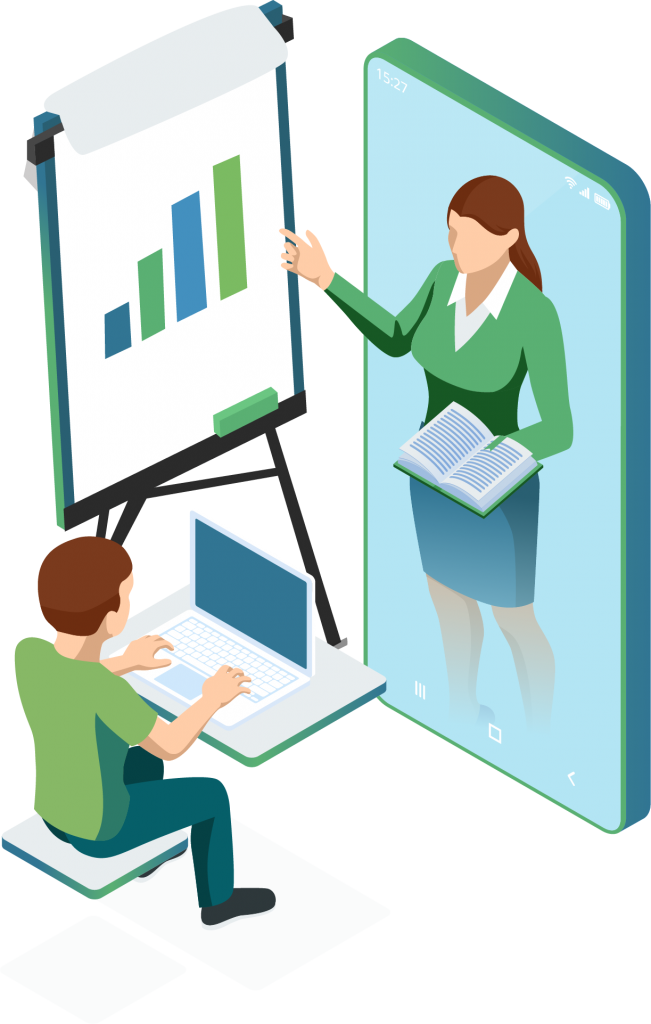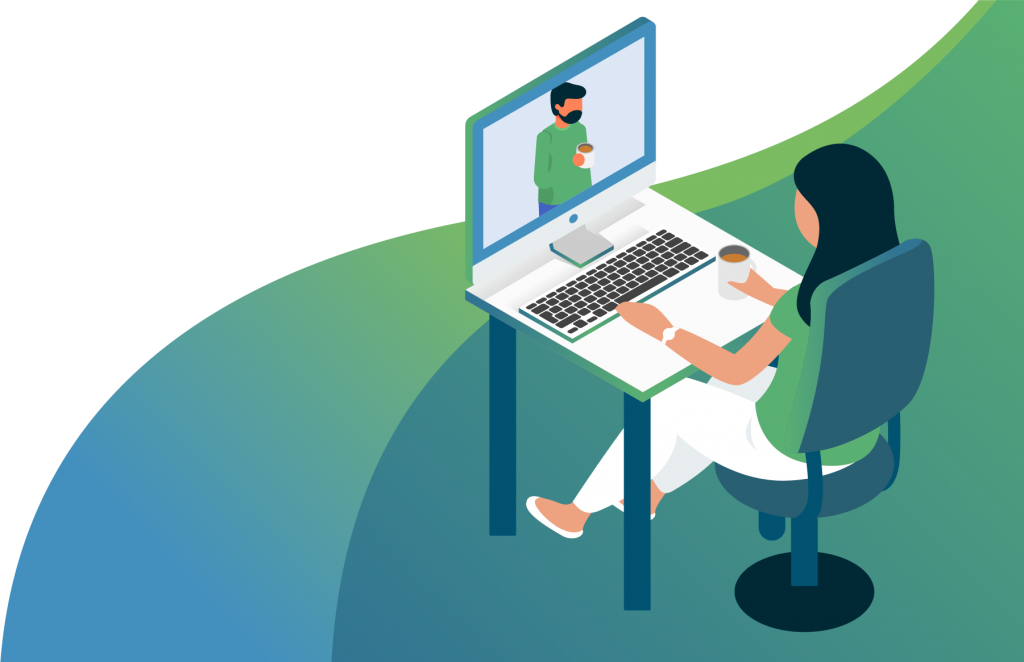Why support structures are crucial for frontline advisors

Who helps the helpline staff? For employers of frontline advisors, that’s a key concern – and one that lockdown has made even more pressing.
At Connect Assist, we run helplines 24/7, all year round. So, helping people to help people is a key focus of ours. We take great care in protecting the emotional wellbeing of our advisors, who carry out such vital work supporting vulnerable people on behalf of charities and agencies.
We’d like to share with you our employee support scheme and some of the structures we have put in place to support our advisors (and, by extension, our callers) during the Covid-19 pandemic and beyond.
Working life on the front line
So, why do helpline staff need emotional support?
Firstly, anyone who engages empathetically with trauma survivors or people in huge distress can develop what’s known as vicarious or secondary trauma or post-traumatic stress disorder (PTSD), unless they’re given proper support.
Secondly, stressed or mentally ill callers might abuse advisors. No matter how experienced and empathetic your staff, they can find that tough to deal with.
The Covid-19 effect
All this has intensified during the Covid-19 pandemic.
Staff have largely switched to remote working, and in most cases become classified as frontline workers.
Many services have seen the volume of calls increase: we took on 80 staff to work on the NHS 111 helpline. Meanwhile, calls to the Lighthouse Club’s helpline for the construction industry, run in partnership with Connect Assist, rose by 55% during the first few weeks of lockdown compared with the previous year.
These are calls from people worried about their health, their livelihoods, and their loved ones. And of course, the advisors may be facing those worries in their personal lives too.
Training
Support starts before an advisor even picks up the phone for the first time.
Many advisors come to us with professional qualifications, e.g. from the British Association of Counsellors and Psychotherapists (BACP). They then undertake additional training with us. On the Mind Infoline, for example, advisors are given four weeks’ training on a huge range of topics, including at-risk calls and de-escalating tense situations. There are annual refresher courses too.
They then undertake additional training with us. On the Mind Infoline, for example, advisors are given four weeks’ training on a huge range of topics, including at-risk calls and de-escalating tense situations. There are annual refresher courses too.
Debriefing and one-to-ones
The role of team leaders is crucial.
When we’re all in the office, team leaders can hear when an advisor is on a difficult call, e.g. from someone at risk of self-harming. Advisors have a ‘help’ sign on their desks that they can hold up too, and the team leader will take over if necessary.
Afterwards, advisors will take a break, and then have a debrief. The impact might not hit them until the next day, so they’ll revisit the call with their line manager then.
While we’re working remotely, that’s harder. But advisors will always phone their team leader after a tough call.
Plus, team leaders take a proactive approach, making time to talk to each individual about how they’re feeling. They also hold regular one-to-ones where advisors can raise any concerns with management, request more training, or ask for support.
As our CEO Ron Moody says: “You have to be a mindful employer. A big chunk of leadership time must be invested in the wellbeing of your people.”
Colleagues
Equally important is the advisor’s own team. Staff love the buzz of the office, and the support of colleagues who understand exactly what they’re dealing with.

During lockdown, we’ve tried to replicate this with video coffee breaks to chat about non-work issues, and fun quizzes and competitions. We’re a close-knit workplace, and we want to be there for one another.
EAP services and counselling
If advisors are really struggling, they can arrange to talk to our in-house counsellor. There’s absolutely no shame in asking for help.
We launched an Employee Assistance Programme (EAP), HealthShield, at the beginning of lockdown. This includes a 24/7 counselling and support helpline for advisors and their families, plus various apps and tools to promote wellbeing and manage stress and anxiety. We’re delighted to say that feedback on the EAP has been very positive.
At Connect Assist, we’ve got some of the very best, most dedicated advisors in the sector. We take our duty of care towards them very seriously indeed and, as a result, can offer you high quality call handling services.







